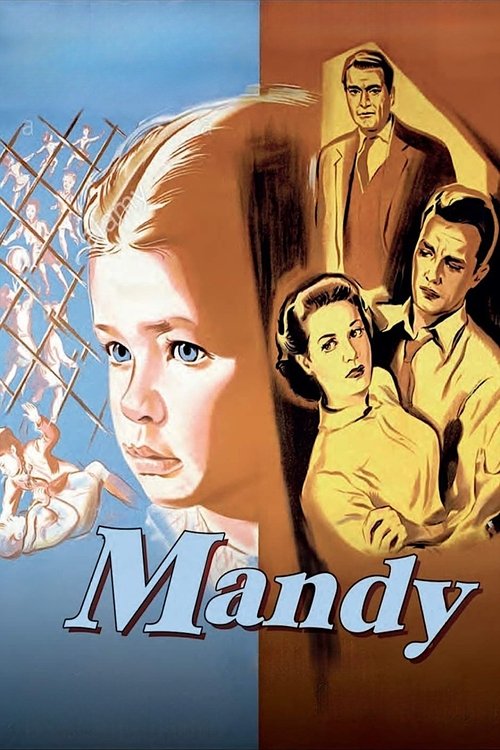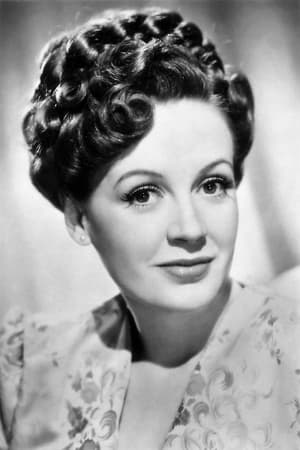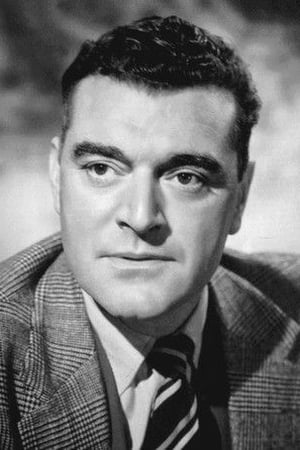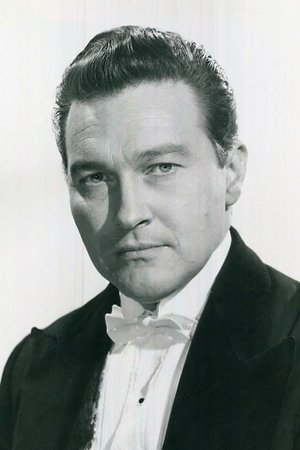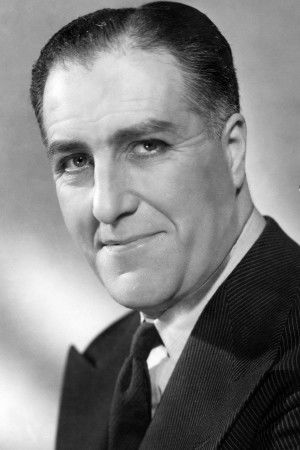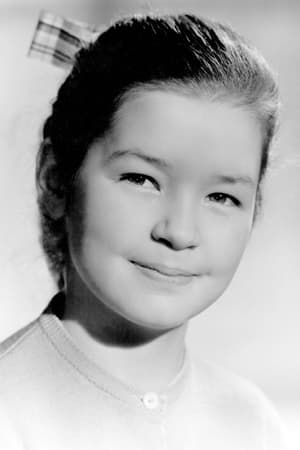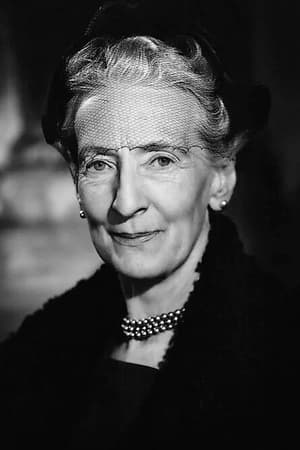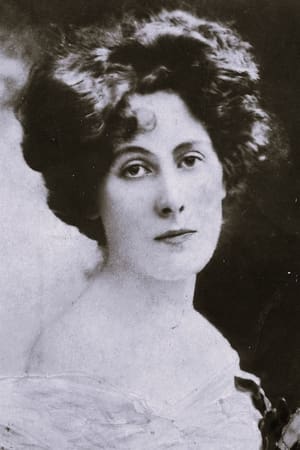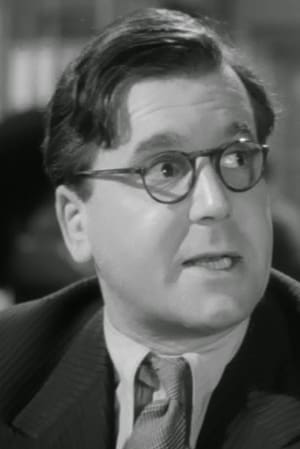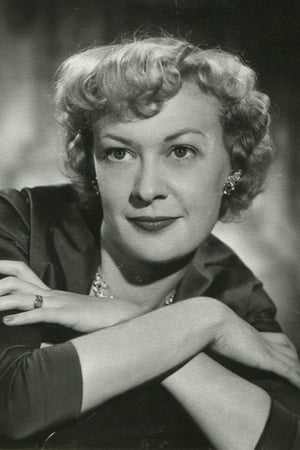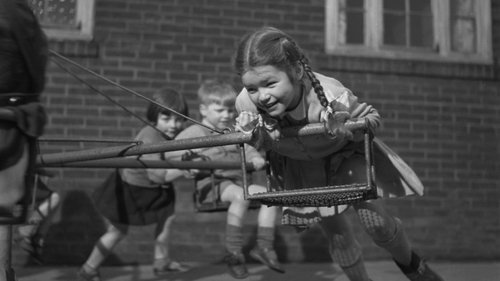
CinemaSerf
7
|
Mar 17, 2025
When they realise that their daughter “Mandy” (Mandy Miller) isn’t so responsive to sound, they take her to a physician who tells them that she is profoundly deaf, and will most likely never be able to learn to speak either. Parents “Christine” (Phyllis Calvert) and “Harry” (Terence Morgan) are determined to keep her with their family, so move into his parents large home in a still largely bombed out area of London. Her early years pose less of a problem for her caring family, but as she gets older and begins to become frustrated with her inability to react to the outside world and her playful contemporaries, they decide that perhaps some form of more formal education is required. They’ve heard good things of the slightly maverick “Searle” (Jack Hawkins) who is trying to use sonics to introduce the concepts of sounds to other children, and so they take her there. Never having been away from her parents though, she struggles to adapt - and that puts quite a strain on a marriage that is divided as to how best to proceed. This is one of those films that tugs at the heart strings. It’s not sentimental, nor is it melodramatic - it just illustrates how an ordinary family struggles to deal with the stress of having a child who has to live her life differently amidst a society that is unaware of her disability. Sometimes that puts her at greater risk, or requires a greater patience from those around her. That very relentlessness is captured well here by both Calvert and Morgan, and there’s also a sub-plot between Hawkins and his trustees (Edward Chapman) that demonstrates a clinical reluctance to challenge existing thinking and experiment with new methods. There is also a look taken at just how difficult is is for adults to maintain relationships when constantly frazzled, and at just how toxic gossiping tongues can be when nerves are frayed. Hats also have to come off to the young Miller, who delivers personably here and who elicits sympathy, yes, but also a degree of appreciation of her character’s own courage as she strives to conform without having the faintest idea what it is that she is “missing”. Thoughtful and at times provocative and it still has relevance seventy years later.
